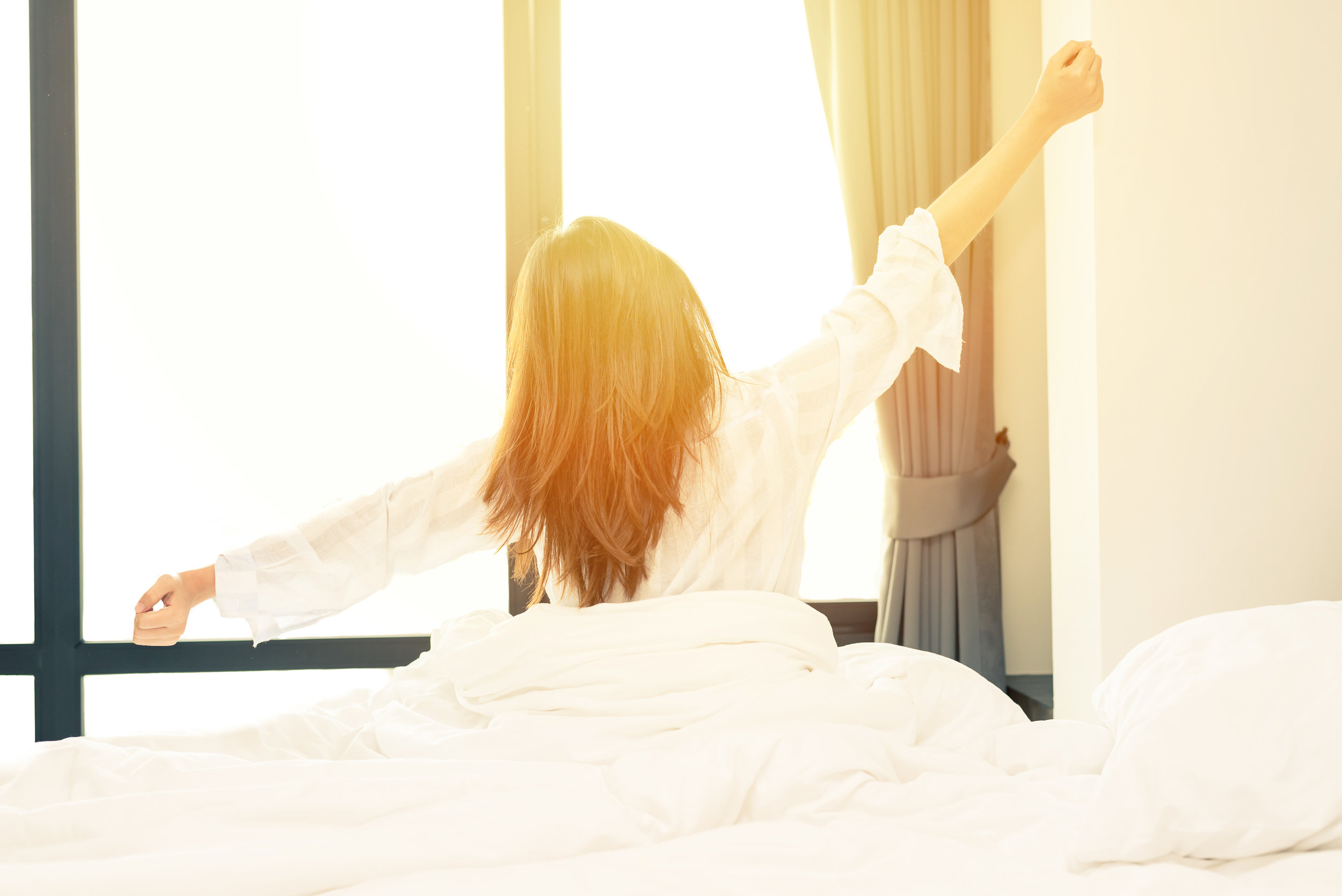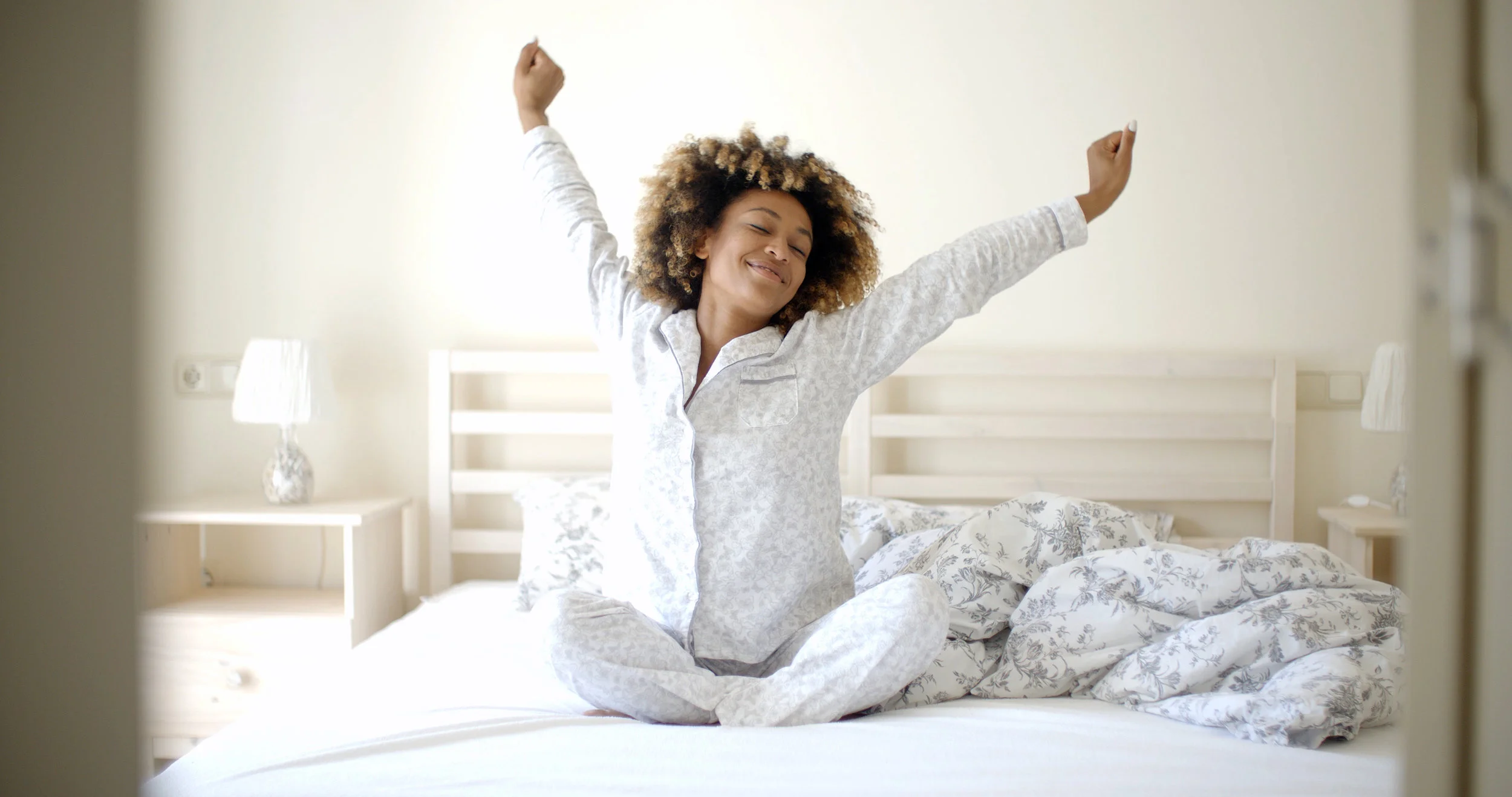Become a Sleep Expert
Did you know that the recommended amount of sleep is 7-9 hours each night? Getting enough sleep is a vital component of our health. Sleep deprivation is all too common these days, and can have detrimental effects to our bodies and even those around us- driving while drowsy can be equated to drunk driving.
In her book, The Sleep Revolution, Arianna Huffington describes the body's processes that govern our sleep: the sleep/wake homeostasis and the circadian rhythm. The first is relatively simple- the longer we stay awake, the sleepier we get, and the longer we sleep, the more likely we are to wake up.
The circadian rhythm, sometimes referred to as your internal clock, cycles between sleepiness and alertness throughout the day. The circadian rhythm is controlled by the hypothalamus, but can also be impacted by external factors like light.
At night, thanks to cues like the sun setting, our sleep/wake homeostasis building, and our circadian rhythm telling our bran to release melatonin, we enter the "prime sleepiness zone," or time to go to bed.
Unfortunately, we often ignore our body's signals in favor of catching up on work, staying up to binge-watch a television show, or doing anything we deem to be more important or productive.
If you are feeling the effects of sleep deprivation, start paying attention to what your body is telling you. Try tracking your sleep habits in the Virgin Pulse Sleep Guide for a few weeks and see what patterns emerge. You may be surprised to see how caffeine, alcohol, screen time or even exercise play a part in the quality of sleep.
To get your started, join this month's Healthy Habit Challenge: Mind Sweeper. Each day during the week of October 16, you'll be reminded to track whether you cleared your mind before bed the night before.
Set the mood for sleep by dimming the lights and turning off the television. As we learned above, putting down technology at night is crucial to falling asleep. Although you may be tired, the light from your devices impacts your circadian rhythm by telling your body that is time to be awake.
If you need more help relaxing before you go to bed, try one of these suggestions:
- Aromatherapy: Use a lavender-scented room spray, or lotion at bedtime for its calming effects.
- Journal: Worried about what you need to get done tomorrow? Write it down so you are ready to tackle your to-do list after a good night's rest.
- Play some music: Create a playlist that helps you calm down, or find one on a music app like Spotify.
- Relax your body: Unwind your body and your mind will follow - take a bath, or do some light stretching.
You'll earn points for tracking each day, and will build a crucial healthy habit while you are at it!






